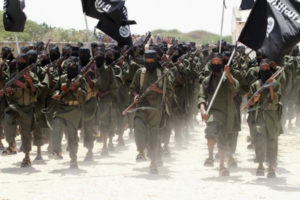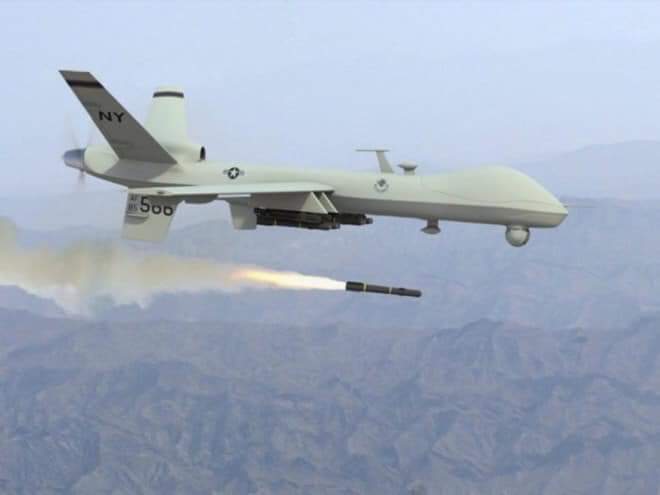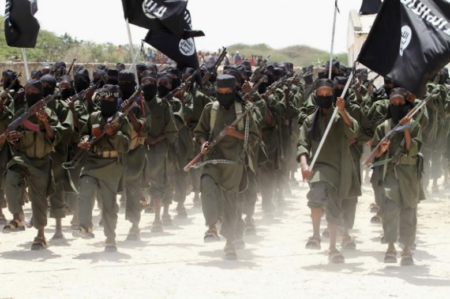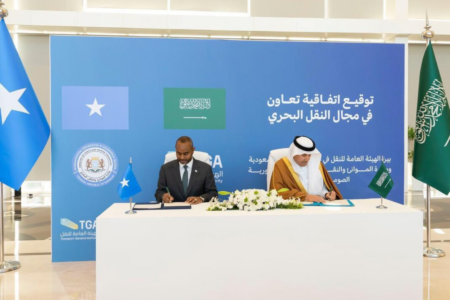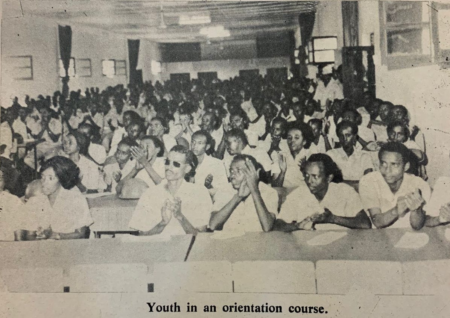The Somali Ministry of Defense announced on Monday that government forces killed a senior Al-Shabaab leader and one of the group’s founding members in a precision airstrike carried out in the Middle Jubba region.
Details of the Operation that Killed Senior Al-Shabaab Leader
According to an official statement, the strike—conducted late on Saturday, October 26—targeted the area of Bu’ale, one of Al-Shabaab key strongholds.
The operation resulted in the death of Mahmoud Abdi Hamud, also known as Jaafar Guri, one of the most influential figures in the militant organization.
Key Figure Behind Al-Shabaab’s Intelligence and Finance Networks
The Ministry said that Jaafar Guri was among the original founders of Al-Shabaab and played a crucial role in developing the group’s intelligence and financial networks.
He reportedly collaborated with former Al-Shabaab leader Ahmed Abdi Godane, orchestrating schemes to extort an Ethiopian company—funds that were later used to strengthen the group’s operational and territorial reach.
Over his years within the organization, Guri held several top-ranking positions, including Head of External Security, Chief of Leadership Security, and Director of Intelligence Tracking—roles directly tied to espionage, operational planning, and assassination missions conducted by Al-Shabaab.
Operation Part of Wider Anti-Terror Campaign
The airstrike was part of a broader, ongoing military campaign led by Somali forces in coordination with the African Union Transition Mission in Somalia (ATMIS) and international partners.
The Ministry emphasized that the goal of these operations is to dismantle Al-Shabaab’s leadership structure and regain control of territories under militant influence in southern and central Somalia.
“Somalia’s armed forces remain determined to eliminate terrorist leadership elements and restore peace across all regions,” the statement added, underlining the government’s commitment to intensifying counterterrorism efforts.
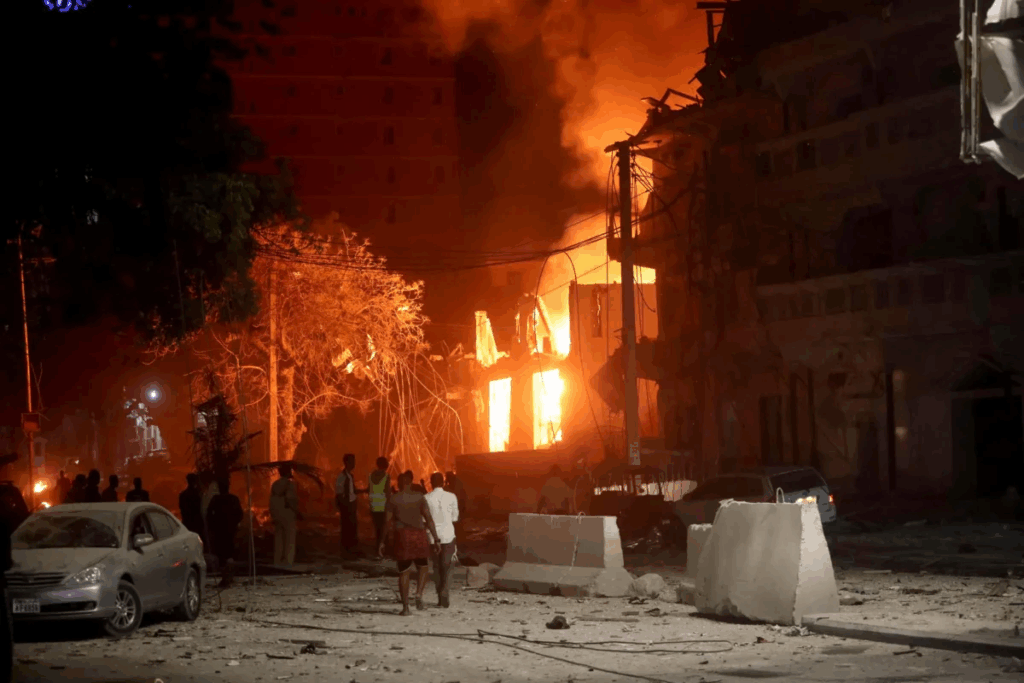
Recent Successes in Counterterrorism Operations
This latest strike follows a series of successful operations against Al-Shabaab leaders in recent months.
In September, Somalia’s National Intelligence and Security Agency (NISA) announced the killing of senior commander Abdi Hirai and two other top figures during a security operation in Mukhakhori.
Earlier the same month, NISA and its allied forces eliminated Mohamed Abdi Diblowe, accused of masterminding the March 2024 attack targeting President Hassan Sheikh Mohamud’s convoy in Mogadishu.
These consecutive strikes highlight the increasing precision and coordination between Somali forces and their international allies, aiming to weaken Al-Shabaab’s command hierarchy and operational capabilities.
Al-Shabaab’s Ongoing Threat
Despite these setbacks, Al-Shabaab continues to pose a serious threat to Somalia’s security and stability.
The militant group, which has been waging an insurgency for more than 16 years, remains active across several regions—conducting bombings, assassinations, and armed attacks targeting government officials, security personnel, and civilians.
The Somali government has vowed to sustain its military pressure on the group, strengthen local governance, and restore public services in newly liberated areas.
As counterterrorism operations intensify, security analysts believe that eliminating key figures like Jaafar Guri marks a significant step toward crippling Al-Shabaab’s leadership network and disrupting its capacity to launch large-scale attacks.

